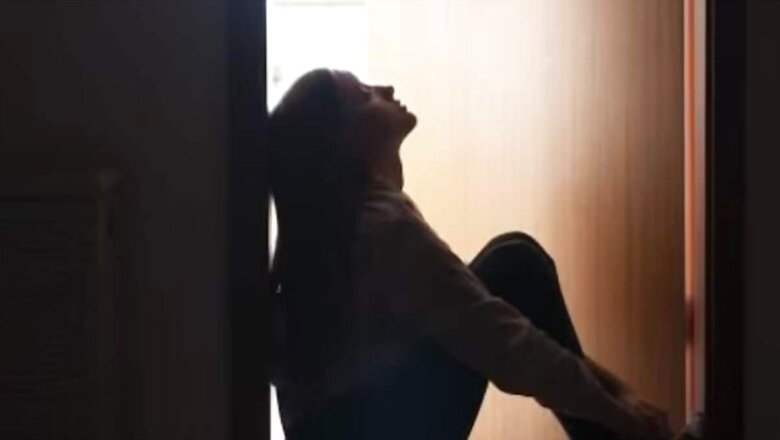
views
Struggling to make choices about everyday activities such as picking a movie, choosing a restaurant, selecting an outfit or book to read can be more than just a simple concern. This experience shouldn’t be overlooked as it can be a sign of deeper indecisiveness. For many, the process of decision-making may lead to stress and anxiety. This struggle is sometimes linked to a condition called decidophobia, where individuals feel an overwhelming and irrational fear of making decisions.
Let’s take a deeper look at decidophobia, its symptoms and treatment.
The term decidophobia was introduced by Walter Kaufmann, a Harvard professor and philosopher, in his 1973 book, Without Guilt and Justice: From Decidophobia to Autonomy.
In this book, Kaufmann describes decidophobia as “the dread of making fateful decisions.” Today modern psychology describes it as a form of specific phobia, characterised by intense and irrational fear associated with particular choices or situations.
Symptoms Of Decidophobia
These are some of the symptoms of decidophobia, according to Dr Aimee Daramus, a licensed clinical psychologist as quoted by Very Well Mind.
Intense Anxiety: Making decisions triggers overwhelming anxiety, panic attacks or physical symptoms like rapid heartbeat, difficulty breathing, nausea, sweating, tremors and chest or stomach pain.
Procrastination: You tend to delay decisions due to the fear of making a wrong choice, opting to live with uncertainty instead.
Not Trusting Your Instincts: Rather than trusting your instincts, you seek information or opinions, often leading to confusion and feeling overwhelmed.
Impact On Relationships: Your indecision places pressure on your loved ones to make significant choices, causing strain and misunderstandings within your relationships.
Reliance On Others: You frequently allow others to make decisions for you, which may attract manipulative or authoritarian personalities into your life and hinder your independence.
Exaggerated Consequences: You often exaggerate small decisions out of proportion. This can in turn create unnecessary pressure on you to make the “perfect” choice every time.
Treatment Of Decidophobia
Decidophobia can be treated through various types of therapy. Dr Daramus points out that cognitive behavioural therapy (CBT) is helpful for recognising and challenging the irrational thoughts caused by the phobia. This therapy focuses on building healthier thinking patterns and coping skills.
Another effective method is exposure therapy, designed specifically for phobias. In this approach, individuals gradually face their fears through a series of tasks, starting with the easiest and moving to more challenging ones. They rate their fear on a scale from one to ten, allowing them to tackle their anxieties step by step.
Therapists may also teach relaxation techniques to help manage anxiety and use rewards at different stages to motivate progress.




















Comments
0 comment